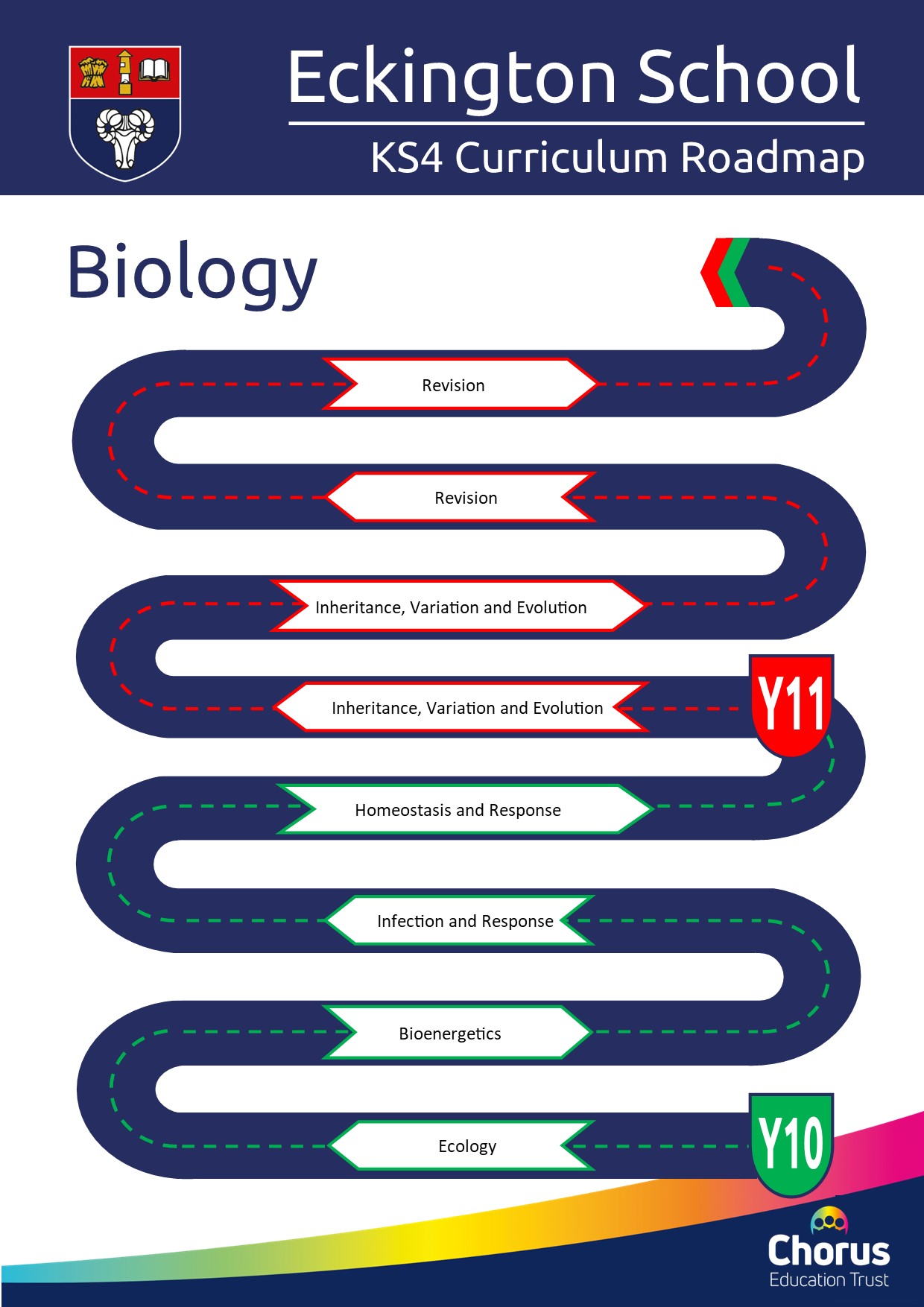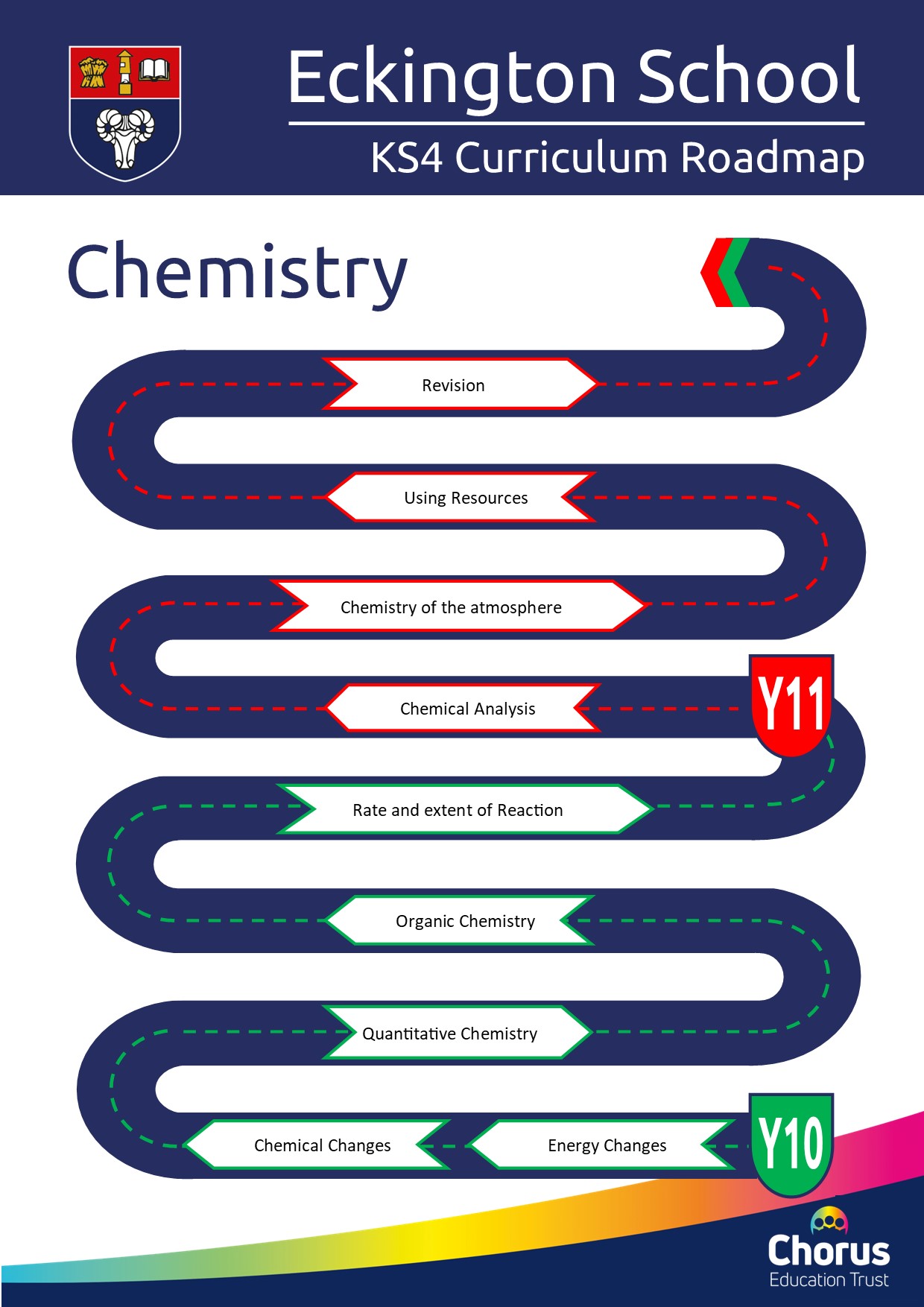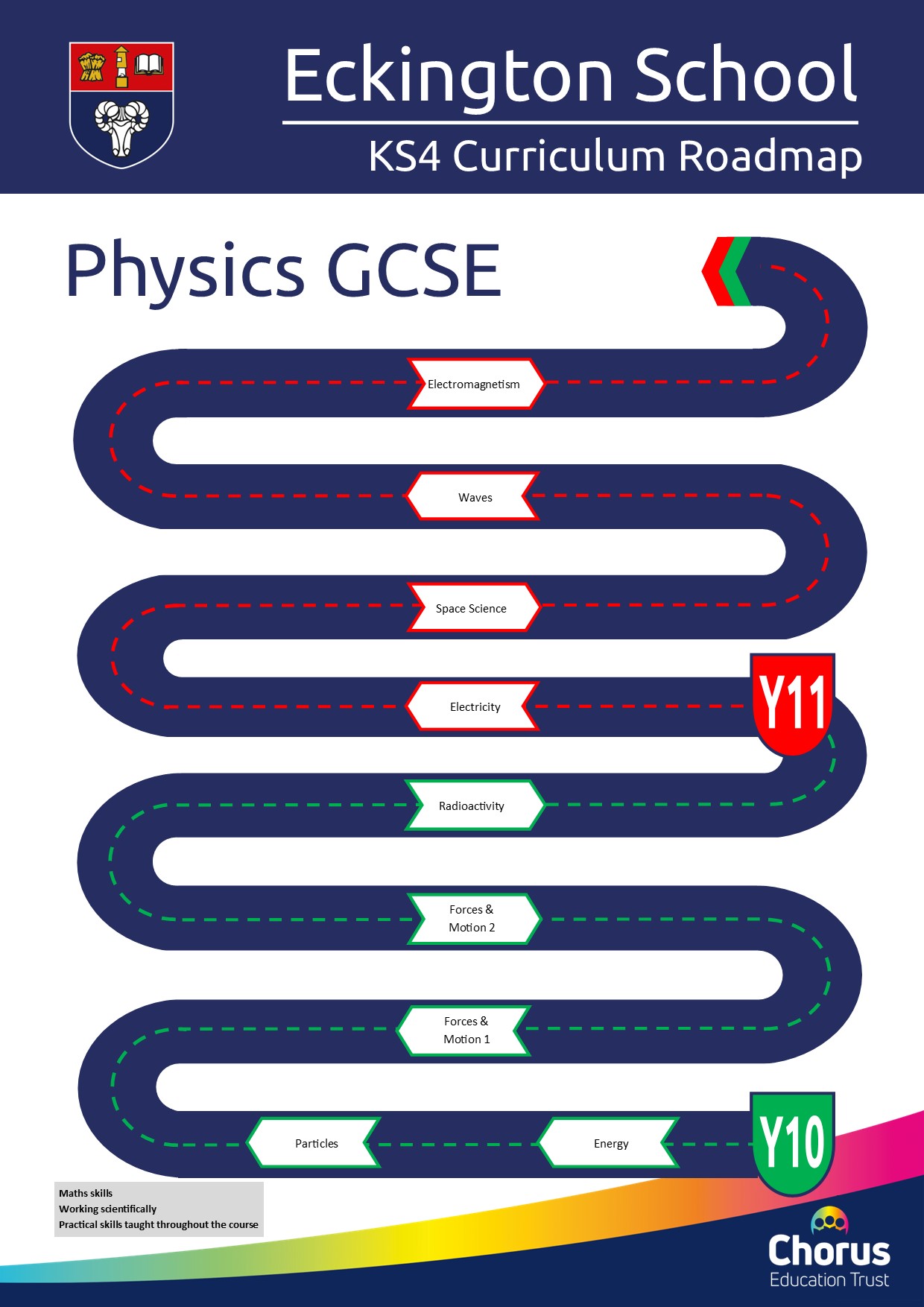Courses
We offer a broad and balanced curriculum, for key stage 3 (Years 7-9), key stage 4 (Years 10 and 11) and key stage 5 (Years 12 and 13 - Sixth Form). Click the appropriate button below to find the details for each subject offered in each key stage.

Overview
Science - Separate
Introduction
At key stage 4, students either follow the AQA 'trilogy' science specification or the AQA single science (GCSEs in biology, chemistry and physics).
Students with a passion for science can choose to study for three separate GCSEs: biology, chemistry and physics. Students who choose this option will combine the time allocated for combined science, with three additional options subject lessons. This additional time will allow for the subjects of biology, chemistry and physics to be taught in greater depth and lead to three separate qualifications, one for each subject. It is suited to students who are self-motivated, willing to work at pace in lessons and have a record of completing homework and lesson prep work to the best of their ability, in a timely manner.
Qualification
Three separate GCSEs:
- GCSE biology
- GCSE chemistry
- GCSE physics
Awarding body
AQA
Course leader
H Streets
Assessment
- Examination: 100%
- Biology, papers 1 and 2: each 50%
- Chemistry papers 1 and 2: each 50%
- Physics papers 1 and 2: each 50%
- Non-examined assessment: n/a
Curriculum
Curriculum roadmap - biology
Topics - biology
The AQA biology specification aims to instil a deep understanding of biological concepts, processes, and applications. It covers a diverse range of topics, providing students with a solid foundation in key biological principles. These topics include cell biology, exploring the structure and function of cells; organisation; ecology, delving into the relationships between organisms and their environment; genetics, examining inheritance and genetic variation; and homeostasis and response, focusing on the maintenance of a stable internal environment in living organisms.
The course also addresses fundamental concepts in infection and response, exploring the body's defensive mechanisms against pathogens, and bioenergetics, investigating the process by which plants convert light energy into chemical energy. Additionally, students study cell division, inheritance, variation, and evolution, providing a well-rounded and in-depth understanding of biological systems.
- 1. Cell biology
- 2. Organisation
- 3. Infection and response
- 4. Bioenergetics
- 5. Homeostasis and response
- 6. Inheritance, variation and evolution
- 7. Ecology
- 8. Key ideas
Curriculum roadmap - chemistry
Topics - chemistry
The AQA Chemistry course is designed to provide a thorough understanding of fundamental chemical principles and their practical applications.
It encompasses a diverse range of topics, offering students a holistic view of chemistry. Key content areas include atomic structure and the periodic table, which explores the building blocks of matter; bonding, structure, and the properties of matter, which delves into the relationships between atoms and the properties of substances; and chemical changes, which covers reaction mechanisms and energy changes during chemical processes. Students also study quantitative chemistry, addressing the measurement and calculation of chemical quantities, as well as chemical analysis, focusing on methods for identifying and quantifying substances. The specification includes chemical reactions, which examines various types of reactions and their implications, and organic chemistry, exploring the compounds of carbon, a key element in the molecular diversity of life.
- 1. Atomic structure and the periodic table
- 2. Bonding, structure, and the properties of matter
- 3. Quantitative chemistry
- 4. Chemical changes
- 5. Energy changes
- 6. The rate and extent of chemical change
- 7. Organic chemistry
- 8. Chemical analysis
- 9. Chemistry of the atmosphere
- 10. Using resources
Curriculum roadmap - physics
Topics - physics
The AQA physics GCSE course covers a broad range of topics, offering students a well-rounded exploration of the fundamental aspects of physics. Core content areas include energy, investigating the transfer and conservation of energy in various systems; electricity, exploring circuits, currents, and electrical phenomena; and particle model of matter, delving into the microscopic behaviour of particles in different states. Students also study forces, examining the effects of forces on motion and objects; waves, investigating the properties and behaviours of waves in different contexts; and magnetism and electromagnetism, exploring the principles behind magnetic and electromagnetic phenomena. Additionally, the specification includes space physics, covering topics such as the solar system, gravitational fields, and the universe.
- 1. Energy
- 2. Electricity
- 3. Particle model of matter
- 4. Atomic structure
- 5. Forces
- 6. Waves
- 7. Magnetism and electromagnetism
- 8. Space physics (physics only)
Skills and requirements
Skills learned
- The separate sciences GCSEs go into a deeper understanding of science and its application than in combined science.
- Biology: students are required to develop competence in experimental design, data analysis, and drawing conclusions from their findings. This emphasis on practical work not only reinforces theoretical knowledge but also fosters critical thinking and scientific enquiry skills. Overall, the AQA biology specification is designed to engage and inspire students while providing a thorough and coherent exploration of the fascinating world of biology. It equips students with the knowledge and skills necessary for further education, for example A-level biology and potential careers in the life sciences.
- Chemistry: students are required to develop proficiency in experimental design, data analysis, and drawing conclusions. These practical elements not only reinforce theoretical understanding but also cultivate critical thinking and investigative skills, essential for scientific enquiry. GCSE chemistry is structured to engage students with the intricacies of chemistry while equipping them with the knowledge and skills necessary for further study at A-level and beyond.
- Physics: students are required to develop competence in experimental design, data analysis, and drawing conclusions. This emphasis on practical work not only reinforces theoretical knowledge but also fosters critical thinking and scientific enquiry skills. GCSE physics is structured to engage students with the fascinating world of physics while providing a solid foundation for further study such as A-level physics and potential careers in the field.
Beyond the classroom
Future pathways
- It would be recommended for any student who wishes to study science A-level. However, it is not essential to study separate sciences in order to study science A-level.
- Two GCSEs in separate sciences at grade 6 or above are required for further study in science at A-level, although all students who opt for separate sciences will of course study three separate subjects.






